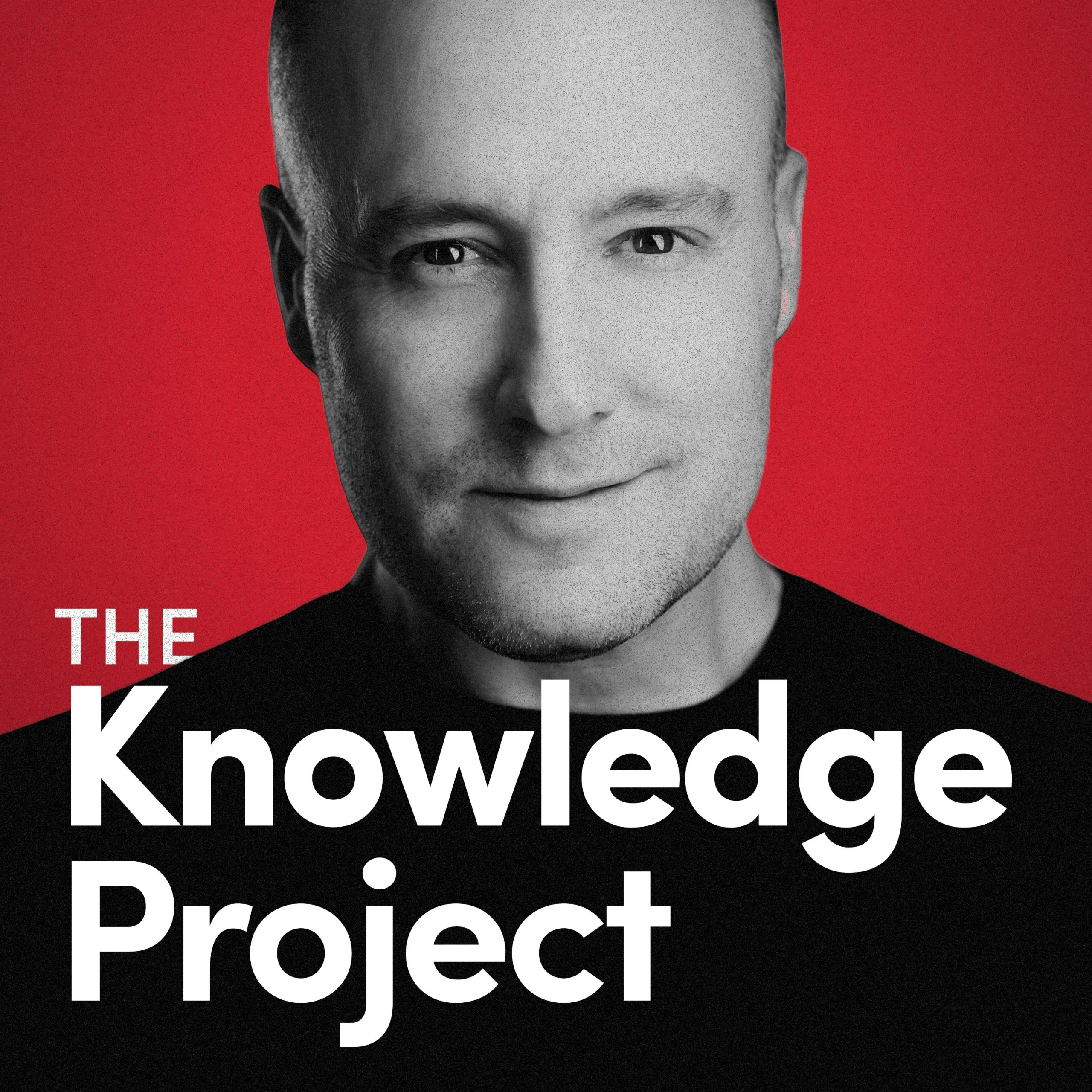Fred Smith: The Story of FedEx [Outliers]
Blog: Farnam Street
Fred Smith founded FedEx on an idea everyone told him would fail and built it into an $88 billion empire that changed how the world moves.
In this episode, we dive into how he built FedEx and the lessons he learned along the way.
Public Release: September 9.
Members have access now.
Join us.
Coming Soon: Apple Podcasts | Spotify | Transcript
This story proves that impossible is just another word for opportunity.
Lessons From Fred Smith
- Your Diagnosis Isn’t Your Destiny: Fred Smith spent his childhood in leg braces. A rare bone disease cut off the blood supply to his hip joints. Doctors said he’d never walk normally. Through thousands of hours of excruciating therapy, he didn’t just walk; he became a varsity athlete. “Fear of failure must never be a reason not to try something,” he’d later say. When everyone said overnight delivery was impossible, he remembered the doctors who said he’d never play sports. Most people accept their limitations. The exceptional see them as data, not a verdict.
- Incentives Matter: The Memphis hub was a nightly disaster. Planes had to land, unload, sort, and reload in hours. Nothing worked until someone noticed the obvious: they paid workers by the hour. The longer it took, the more they earned. FedEx switched to paying by the shift. Same pay, go home when you’re done. The sort suddenly ran like clockwork. Charlie Munger loved this story: “Never, ever, think about something else when you should be thinking about the power of incentives.” Your mission statement doesn’t matter. Your incentives do.
- Loyalty Comes From the Trenches: In Vietnam, Fred learned from Staff Sergeant Jack, an enlisted man from Philadelphia. “Sergeant Jack wasn’t well educated, but he was probably the wisest guy I ever met,” Smith recalled. When Jackson died in combat, it crystallized the lesson: soldiers don’t fight for politicians, they fight for the person next to them. Years later, when FedEx ran out of money, employees worked without pay. Pilots used personal credit cards for fuel. Not because they had to. Because of loyalty. Most leaders demand it. The best earn it through shared sacrifice.
- Always Be Learning: Fred Smith read four hours a day. Every day. “People who supposedly have vision spend a lot of time reading and gathering information, then synthesize it until they come up with an idea,” he explained. This reading convinced him that information about the package was as important as the package itself, years before tracking existed. While competitors perfected overnight delivery, Smith was already building for the data age. Most executives wait for insights to come to them. Visionaries find them.
- People First Isn’t a Slogan: When investors tried to fire Fred in 1974, every senior officer signed the same letter: they’d resign immediately if Fred was removed. The board offered the presidency to one of them. He refused. This was People-Service-Profit in action. The order was important. Take care of your people first. They’ll deliver superior service. Service creates profit. Most companies say “people first.” At FedEx, people proved it by risking unemployment for their leader.
- Reliability Beats Everything: Speed without predictability is useless. FedEx guaranteed overnight delivery or your money back, a feat that seemed impossible at the time. The guarantee created trust with customers and accountability internally. There were no excuses. Most companies compete on price. The best compete on trust.
- All In: July 1974. FedEx had $5,000 left. Not enough to fuel Monday’s flights. Fred flew to Vegas and turned it into $27,000 at blackjack. But the real gamble was bigger. He’d already bet his inheritance, his house, everything. When he told investors about Vegas, they didn’t see desperation. They saw someone who’d do anything to survive. Within two weeks, he raised $11 million. Most entrepreneurs hedge. The ones who change the world burn the boats.
- One Betrayal Breaks Everything: When Fred bought Flying Tigers, he had to merge two pilot groups with different seniority systems. He protected the Tigers pilots over his own. The FedEx pilots who’d built the company, who’d used personal credit cards for fuel, felt betrayed. They called it “treachery.” Fifteen years of family culture were shattered overnight. Warren Buffett says it takes twenty years to build a reputation and five minutes to ruin it. Fred learned it the hard way. The company recovered financially but lost something irreplaceable.
- Outcome over Ego: FedEx lost $629 million trying to crack Europe. Fred assumed Europeans would want overnight delivery like Americans. They didn’t. Their countries were small. Trucks worked fine. Smith could have thrown more money at it to save face. Instead, he retreated. Sold operations, fired 6,600 people, took the loss. “Sometimes the smartest strategy is walking away,” he’d learned from military history. Most leaders double down, proving themselves right. The best never stop focusing on the outcome.
- Bounce, Don’t Break: A childhood disease that should have crippled him. A car accident killed his friend. Two tours in Vietnam. The Vegas gamble. The coup attempt. The European disaster. Each crisis taught Fred the same lesson: adapt or die. He didn’t just survive—he built an $88 billion empire that moves 17 million packages daily. Most people are destroyed by their worst moments. The exceptional are forged by them.
Source:
Trimble, Vance H. 1993. Overnight Success: Federal Express and Frederick Smith, Its Renegade Creator. New York: Crown Publishers.
The post Fred Smith: The Story of FedEx [Outliers] appeared first on Farnam Street.
